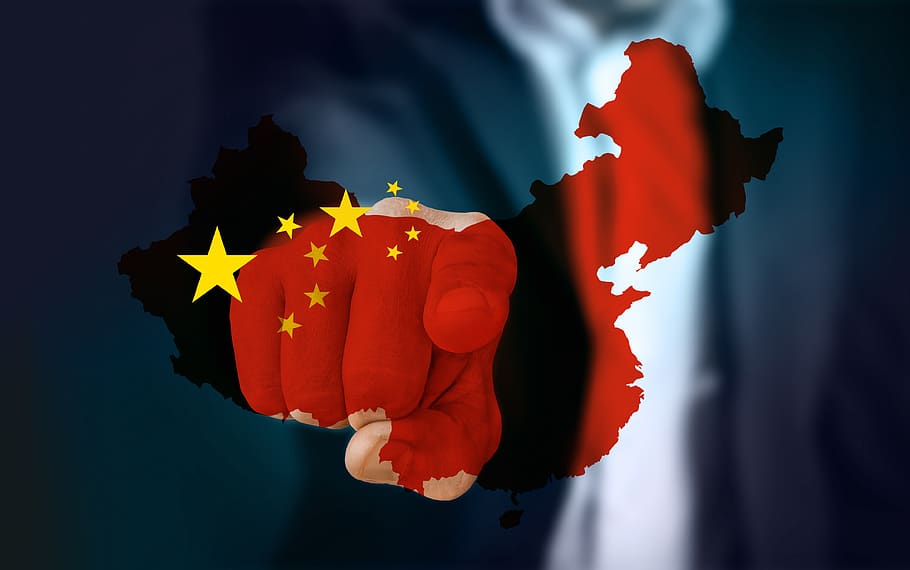The dispute between China and the US, simmering for years, has now boiled over.
Pivotal presidential point
The original US complaint that China has been abusing its WTO access, whilst misappropriating intellectual property, has now been extended to civil rights concerns in Hong Kong and Xinjiang. Add in concerns about data security at China-related IT companies, like Huawei and TikTok, and we have a potential recipe for a new Cold (maybe tepid) War.
Certainly part of the current heat can be ascribed to an increasingly desperate President Trump. Nobody, though, should expect a potential Biden administration to return to the status quo ante. It is perceived wisdom amongst Democrats (left-leaning and moderate) that the relationship with China must change, and the Biden campaign has released attack ads accusing Trump of being too trusting of President Xi.
Straddling the divide
The dispute has left all sorts of businesses, ranging from Apple and the NBA to banking giant HSBC, in an uncomfortable position as they try to protect their interests and straddle the divide between the two systems. This is increasingly likely to happen as businesses fall between the rules of operating in China on the one hand, and Washington hawks and civil rights-minded consumers on the other.
The idea that China will have to back down to avoid being impoverished by the lack of Western IT tools is wide of the mark though. Chinese companies like Alibaba and Tencent are amongst the largest in the world, and the Chinese have long felt that local versions of Google, Facebook and Twitter are faster and more powerful than the originals.
China is already a world leader in solar and wind energy, and the Made in China 2025 plan means massive investments in strategic industries like AI, robotics and electric cars.
The ‘Great Schism’
A digital ‘Great Schism’ – with North America and most of Europe on the Western side, and China on the other – is no longer fanciful; in fact, it is the logical end if rhetoric is not reined in. In this situation, a number of countries, not least in South East Asia and Africa, will be faced with an uncomfortable choice.
Issues like China’s place in the world, the definition of fair trade and how to ensure digital privacy are huge questions that need to be aired rather than be brushed under the carpet.
It would be good for everyone, though, if discussions take place in a strategic manner. The key here is that key and realistic objectives are met; on the contrary, the current debate is giving more heat than light.

